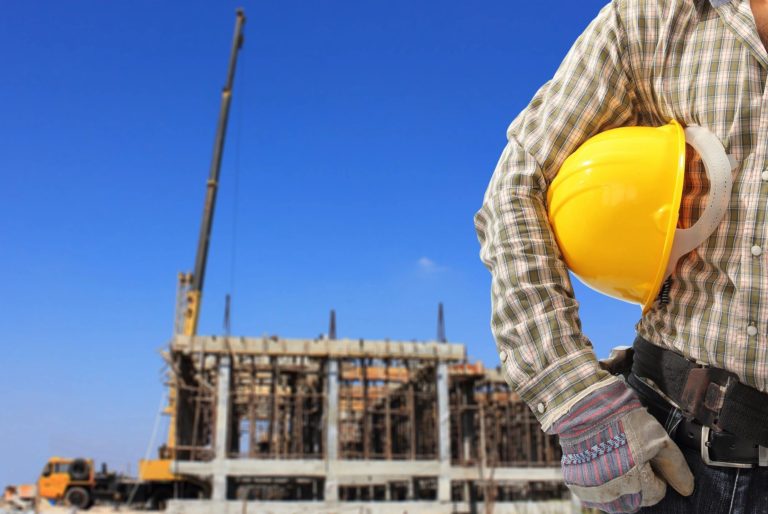According to NYN Media, New York City should work with unions and re-entry providers to provide work opportunities that create and keep track of long-term success. for former prisoners.
There is a public safety crisis seen and felt in low-income communities of color across New York City. Gun violence, COVID-19, mass incarceration, unemployment, and low-wage work is deeply hurting low-income neighborhoods.
Because of this, greater attention needs to be paid to how formerly incarcerated New Yorkers are brought into the job market.
There are two examples here of organizations trying to tackle these challenges. One is the Center for Employment Opportunities (or CEO) the biggest provider of reentry employment services in the country. The other is the Mason Tenders’ District Council of New York which mainly represents New York City construction laborers. These groups try to find immediate employment with daily pay for people who have recently returned from incarceration.
Typically, as a condition of their parole, New Yorkers released from prison typically must seek and maintain employment. Construction has traditionally been one of the most accessible industries for people with criminal justice histories. While reentry service providers have connected formerly incarcerated workers with jobs in nonunion construction, the jobs usually lack the protections and benefits of union membership.
It doesn’t lead to long-term sustainable employment and without the hopes of career advancement, these individuals may get stuck in low-wage jobs that do not allow them to make ends meet.
The city can help. It can use its regulatory and buying power to create work opportunities and create contracts for reentry service providers that provide funding to prepare people for union construction. They can entice private employers in business with the city to create higher-wage jobs with real reentry career opportunities.
Building affordable housing is an ideal place to transform reentry employment. The city’s government can set a $40-an-hour wage and benefit requirement on development projects receiving subsidies. Then, if they partner with the unions and reentry service providers they can ensure that New Yorkers with criminal justice histories can be trained for and placed into these career facilitating jobs.
Developers love building affordable housing because they get subsidies. Those housing developers receiving subsidies will pay a $40-an-hour wage and benefit package for well-trained union construction laborers.
Making sure more formerly incarcerated New Yorkers can successfully enter the economy is crucial for increasing public safety. It greatly reduces crime and recidivism, and builds a more stable workforce after the pandemic.
Higher paying jobs helps prevent reimprisonment of formerly incarcerated individuals
- 08/08/2022
- 10:00 am
admin
Thinker & Designer
Share on facebook
Share on twitter
Share on pinterest
Share on reddit
Recent Posts

10 August, 2022
Mitchell Hamline School of Law in St. Paul, Minn. this summer accepted their first incarcerated student....

09 August, 2022
Financial inclusion is the term used for efforts to make basic banking and financial products safe, affordable,...

08 August, 2022
According to NYN Media, New York City should work with unions and re-entry providers to provide work...

05 August, 2022
Southern California is based on a reputation for offering its citizens the promise of education, jobs,...

04 August, 2022
After the murder of George Floyd ignited nationwide protests, corporate America promised to take an active...

03 August, 2022
President Biden signed Executive Order 13985 on his first day in office. That order advances racial equity...

02 August, 2022
In the wake of the killing of George Floyd and amid calls for greater social justice, the U.S. stock...
No posts found



